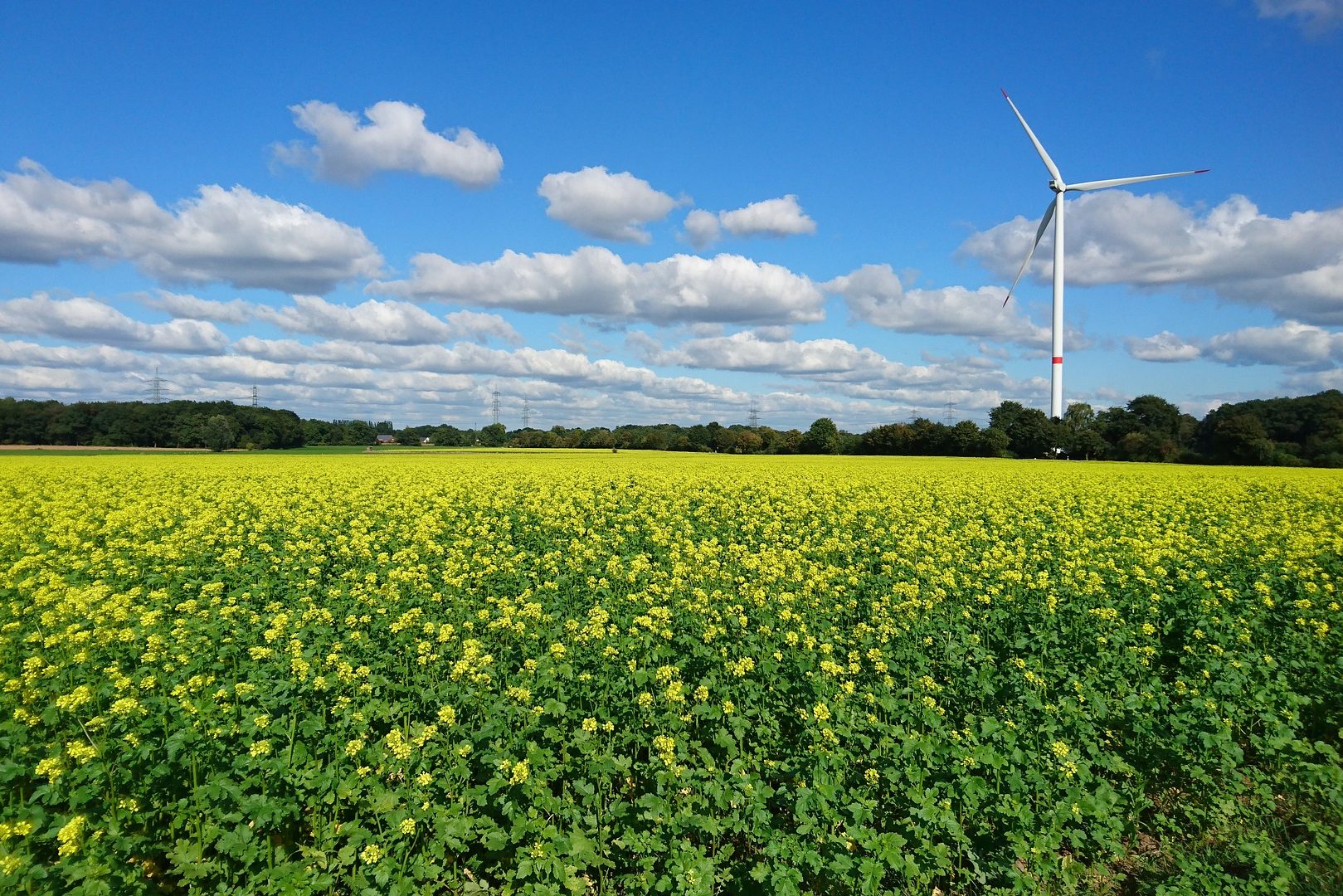Driving around in small-town America, it’s hard to imagine that this all could collapse. The momentum of modern culture is enormous. But as Buckminster Fuller reminded us, there is often a trimtab that can enable the giant rudder to alter the course of a large ship, and if we know how to move that trimtab we can eventually change the future. This trimtab is knowledge or awareness. Once we have glimpsed the possibility of a different pathway, it is not difficult to want to explore it.
Yet we remain in today’s world, knowing it is deeply flawed and ultimately unsustainable. Each of us must find their own way to survive this chaotic period, and contribute to building a better tomorrow, not for ourselves but for our descendants, who are as much part of us as our ancestors and our contemporaries. In fifty years much of this may look the same, but in fifty thousand years none of will matter—assuming we do not destroy it.
At this point that’s a big assumption. Unlike our ancestors we know that we have the capacity to destroy it, whether through nuclear conflict or the continued degradation of our life support system. We must choose whether to be builders or destroyers, and if we are going to be builders we have to know that what we are doing is not going to make things worse.
The good news is that more of us are builders. Across the country and around the world, quiet revolutions are already underway. In places like Ithaca, New York, city leaders are experimenting with decarbonizing buildings through local Green New Deal initiatives. In Detroit, grassroots organizations are reclaiming abandoned lots, turning them into community gardens and green infrastructure hubs. In Boulder, Colorado, a community-owned utility movement is seeking to shift control of energy from profit-driven corporations to the people who actually use it. These are not merely gestures of resistance—they are the seeds of a different future taking root in the present.
Even in rural communities where change may appear slower, examples of forward momentum abound. Regenerative farmers in Iowa are restoring soil health while increasing biodiversity and climate resilience. In small-town libraries, co-working spaces, and community centers, people are forming networks to share knowledge, resources, and skills—reviving the commons in a modern guise. In Appalachia, former coal workers are being retrained in solar installation and wind turbine maintenance, embodying the kind of just transition that honors the past while moving toward a more livable future.
These efforts may seem modest compared to the scale of the problems we face, but they are trimtabs—small but strategic interventions that can steer the course of larger systems. They arise from a growing awareness that we are not powerless passengers on a runaway train. We are participants in a living system whose future is being shaped by what we imagine, decide, and do today. And once we begin to see the invisible web of connections that links local action to global transformation, the work becomes not just possible, but imperative.
Our task is therefore to seek out and support the work that we see is making a difference in the lives of others, including our nonhuman neighbors, and put in place the conditions for them to thrive. Much of what we see today is not needed and should not continue. Wasteful practices should be reformed or replaced. The things that bring delight to our spirits should be rewarded.
Meanwhile let us celebrate all that we have, even as we know that in many cases we will need to let it go.
